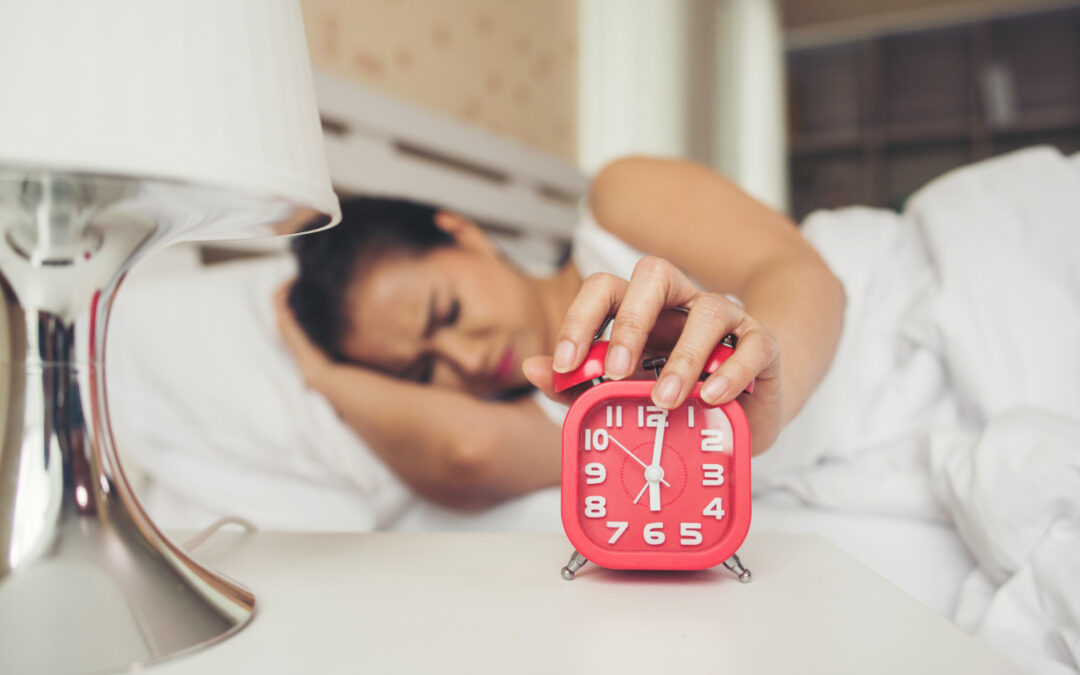Missing an hour or two of sleep here and there might not seem like a big deal at the moment—we all enjoy an evening spent with friends or a late night at a concert—but chronic sleep debt can have a major impact on your health.
Not only linked to physical health, rest and mental health are intrinsically entwined. Maintaining good sleep hygiene and practices will keep you feeling your best and support your body’s most important functions, while helping you to control negative feelings such as anxiety.
Sleep and Your Body
Medical experts recommend adults get seven to nine hours of sleep nightly to maintain proper physical and mental health. That’s why sleep debt can quickly create problems for our most basic systems.
Sleep affects everything from growth and development in children and teenagers, to our bodies’ response to insulin, to our appetite throughout the day. It even allows our bodies time to heal and repair the heart and blood vessels. In addition, rest and mental health are crucially connected, with sleep debt resulting in trouble solving problems, controlling emotions, and driving. Some studies have even linked sleep debt to anxiety, depression, and risk-taking behavior.
Some symptoms that might clue you in on lack of sleep include feeling like you could fall asleep during a conversation, sitting in traffic, or watching television. You may also wake up not feeling refreshed in the morning.
Paying Back Your Sleep Debt
Losing sleep, even a couple of hours, for a night or two is enough to have an effect on your health, especially how you function during the day. If you start to lose too much sleep, you may experience what some refer to as microsleep, or a short spell of sleep that hits when you would normally be awake.
Luckily, you can pay back your sleep debt—but it’s important to give your body time to adjust. Small moves like keeping a sleep journal to track how and when you’re sleeping can greatly improve how you approach rest and mental health. Equally important is keeping a consistent sleep schedule that works for you and allows for seven to nine hours of sleep.
While a nap won’t ultimately help you to repair the damage done by a regular loss of sleep, it can help you feel more refreshed during the day and decrease feelings of anxiety and grogginess.
An important point to remember is that while rest and mental health are connected, sleep debt isn’t the only reason you might be feeling anxious or depressed. If you suspect your problems are more serious, consulting with a professional who can assess your needs is always recommended.
Contact JoyDeVie Infusions

